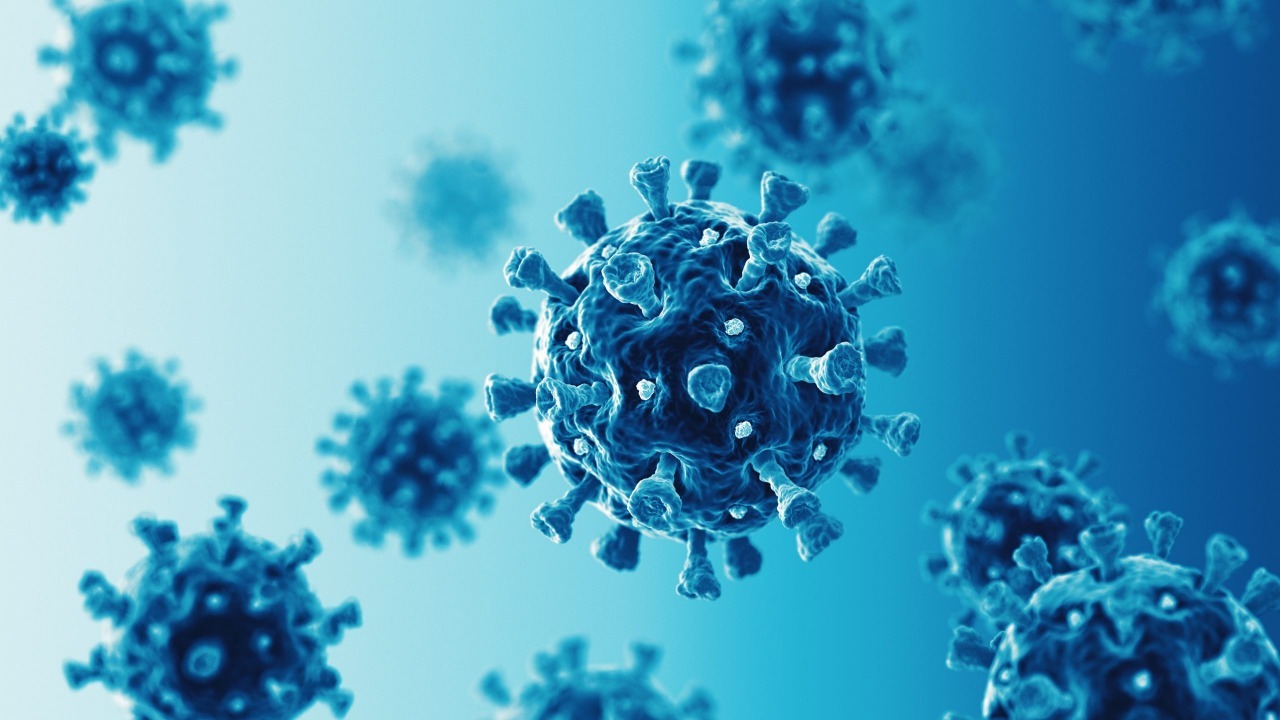
The SARS -CoV-2 originated in the Hunan seafood market in Wuhan, China. Covid-19, the disease caused by it, has wreaked havoc all over the world. This version of the coronavirus evolved from the bat virus RaTG13 which was discovered by an organization called the Eco Health Alliance and was classified in the low-risk category. The distinguishing feature of SARS-CoV-2 is that it has a high recovery rate, but it also has a rapid rate of transmission. Nevertheless, how can a mere virus possibly incite chaos on such a large scale? The virus did not have the potential to develop into a global crisis on its own. Like Seneca said, “A sword does not kill anyone, it is a tool in the killer’s hand.” Developed nations utilize a major part of their budget in the fields of military and security while funding for the World Health Organization remains scant. We should have learned from SARS and MERS but our lack of preparedness and mishandling of the situation in its formative days resulted in a pandemic. Despite our shortcomings and the casualties suffered during this time, the Covid-19 pandemic might impact humanity favorably in the long term.
In any conflict, psychology plays a vital role. An experiment conducted at the University College London inferred that a small chance of receiving a painful shock can be significantly more stress- inducing than knowing one will receive it for sure. I believe that stress and tranquility are two sides of the same coin and they create a balance in the human body which helps us in functioning properly. Control is the underlying factor which monitors both. We admire being in control of various aspects of our life; it helps us stay composed whereas uncertainty elevates stress. Perhaps, the most astonishing characteristic of this outbreak was its unpredictability. It struck at a time when nobody could have anticipated it and today, nobody can anticipate what the world will look like tomorrow. This is why the pandemic has given rise to apprehension, be it for the fortunate who are confined within the cozy walls of their bungalows or the homeless who can barely find sanctuary. Furthermore, our bodies are adapted to short term stress, they are programmed to trigger the fight or flight reaction when we encounter a problem. However, this magnanimous crisis has endured for much longer than we expected, making it difficult to cope.
From a pessimistic point of view, Covid-19 may have adversely affected society and indeed, it has. It has irreconcilably damaged the economy and it has resulted in more fatalities than the SARS and MERS viruses combined, but its role in molding society will not pertain to economic or political issues. These will not sustain and after a decade, we might not even remember the loss. The real impact of Covid-19 will lie in the aftermath and how it will influence our thinking in the long-term. Aristotle in his book ‘politics said that man is, by nature, a social animal. Our innate desire to share experiences and connect with those around us stems from the need to feel supported and valued in society. Life before the outbreak had picked up an exceedingly fast pace and most people were engrossed in their own affairs to the extent that they forgot this elementary need. We direly needed a slowdown that would help us refocus our attention to what Aristotle rightly pointed out. We needed a complete shutdown to realize how addicted we were to control and how even the slightest deficit of it could give birth to stress disorders and depression.
Nature never fails to highlight our mistakes and this pandemic has been successful in delivering its message. The feeling of captivity inside our own houses has shown us the wonders of self-sufficiency and minimalism. To quote Mahatma Gandhi, “The world has enough for everyone’s needs, but not everyone’s greed.” It is now that we finally understand the gravity of his words. We can lead a life of simplicity without spending in excess and still be rich, in terms of knowledge and skill. I choose to believe that this crisis is changing everyone’s perspective towards life in a positive manner and in this process, we are averting another disaster.
The World Health Organization estimated that about 3 million people have died each year due to air pollution. Even global warming had taken an alarming rate with greenhouse gas emission being at its zenith. However, a study in New Delhi, India concluded that the air quality had improved by 50% solely in the first few days of the lockdown. 88 major cities of our country have recorded cleaner air on the air quality index in the pandemic and levels of nitrogen and carbon dioxide have significantly plummeted due to less industrial production and shutdown of factories. These statistics indicate that we were progressing with our lives and exploiting our environment without assessing the risks. This pandemic is a natural disaster which ensued as a consequence of our own actions so that Mother Earth could renew herself. But it has also acted as an epiphany and helped us perceive the importance of respecting nature in the future.
Conclusively, this outbreak has brought mankind closer than ever before. Rarely in history have so many of us faced the same crisis all at once. The pandemic has provided a reason for us to stand united and collectively fight it. From all parts of the world, people are connecting and communicating, and this can be exemplified by the social media activism against racial discrimination and animal cruelty. After all, a society is made up of individuals and the Covid 19 pandemic is inspiring every individual to thrive. We will uplift ourselves and emerge stronger. In the words of Boonaa Mohammed, “Sometimes you will find yourself in the middle of chaos, and sometimes, in the middle of chaos, you will find yourself!”
Pictures for Reference





Author – Arnav Goel







